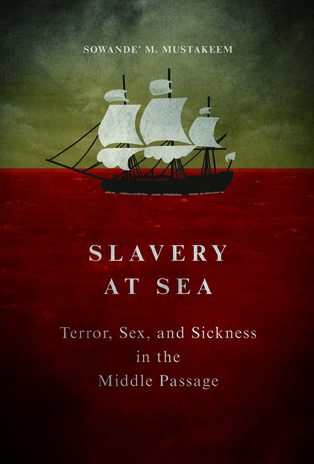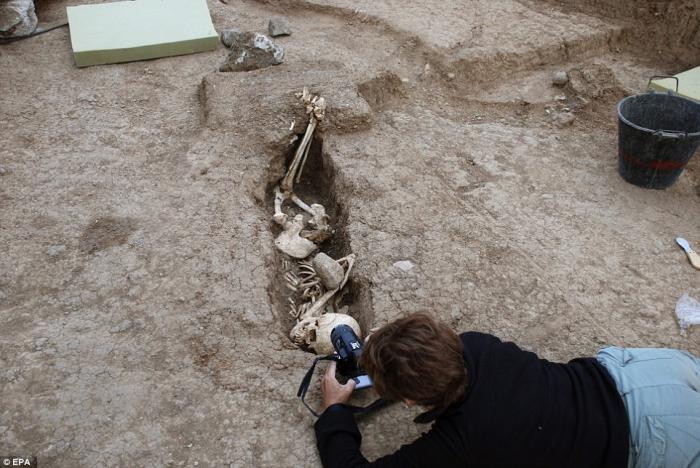
Singing at contraband camps helped former slaves navigate the gray area between slavery and freedom. Higginson of the 54th Massachusetts Regiment recognized the term Negro Spiritual in the Atlantic Monthly (June 1867). Higginson had heard the songs in camps and on marches with colored soldiers. These songs were influenced by African and religious traditions and would later form the basis for what is known as “Negro Spirituals”. Col. Music was a way for slaves to express their feelings whether it was sorrow, joy, inspiration or hope. Songs were passed down from generation to generation throughout slavery. According to a white shipmate who made four voyages to Africa between 17. “They frequently sing, the men and woman answering another, but what is the subject of their songs cannot say.” 1 Although they could not understand what the Africans were saying the crew did pick up on the sorrowful tone of their songs.


Singing as a form of communication is deeply rooted in the African American culture. It began with the African slaves who were kidnapped and shipped across the Atlantic during the Middle Passage. Slaves from different countries, tribes and cultures used singing as a way to communicate during the voyage. They were able to look for kin, countrymen and women through song. Songs of Survival: Middle Passage and Slavery Upon arrival she quickly recognizes a small pox epidemic at one of the contraband camps. Working with Samuel Diggs and Mary Phinney, Charlotte establishes a small pox quarantine tent for sick contraband. In Balm in Gilead, Charlotte Jenkins, a former slave turned activist, arrives in Alexandria to help the growing population of “contrabands” make the transition to freedom. Singing in Slavery: Songs of Survival, Songs of Freedom In this blog post, Berry examines how song was used by slaves to both communicate and express feeling in the moment, as well as and pass history down through generations. She also co-hosts Genealogy Roadshow on PBS. A native of Detroit, Berry graduated from Bates Academy, Cass Technical High School, Michigan State University and Thomas M. She began her genealogical journey while in law school and studying at the State Library of Michigan in Lansing.

Berry is genealogist and lawyer with more than 15 years of experience in genealogical research and writing. Editor's Note: PBS has partnered with historians and experts to bring fans the Mercy Street Revealed blog.


 0 kommentar(er)
0 kommentar(er)
